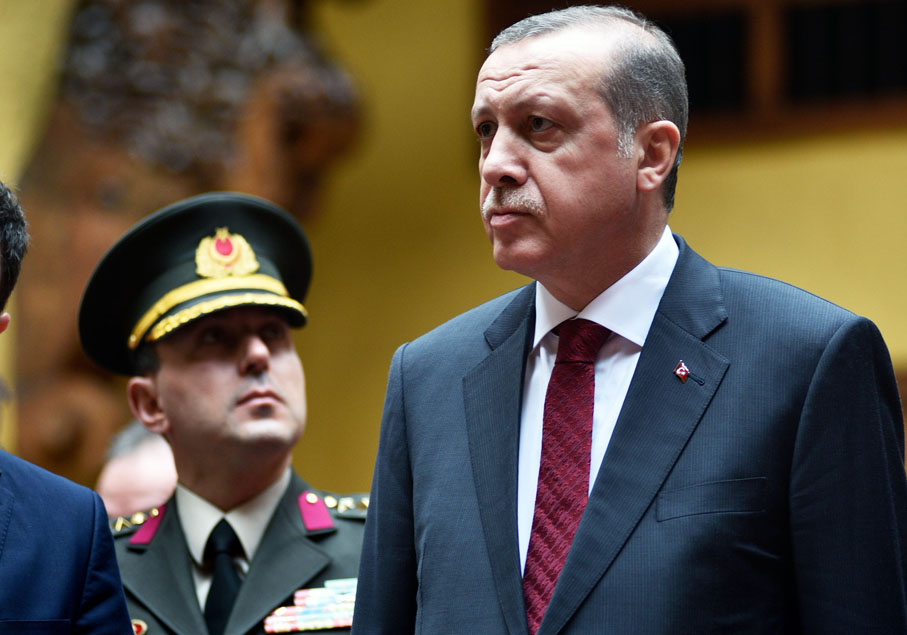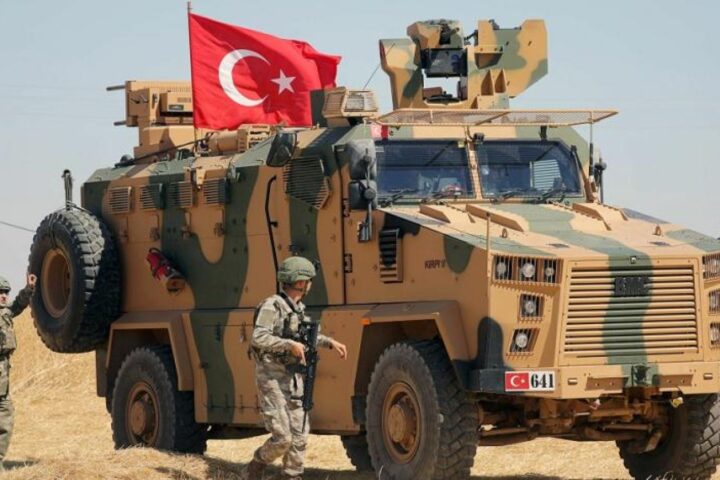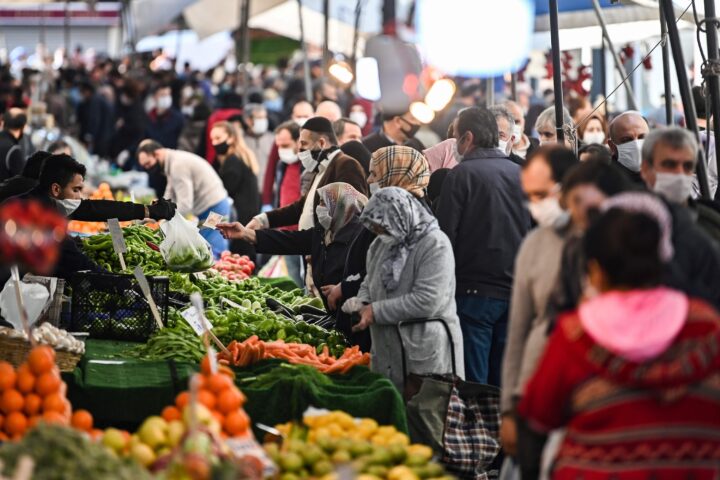Growing dissatisfaction and poverty in Turkish society could give AKP leader the boot
Turkish President Recep Tayyip Erdogan will be facing the most crucial election in his political career on May 14, as he comes closer than ever to being ousted after remaining in power for 22 years with his Justice and Development Party (AKP).
If this happens, this will largely be due to an economic reversal that saw the country’s prosperity, equality and ability to meet basic needs start to tumble midway through Erdogan’s two-decade reign, say analysts.
His main opponent, Kemal Kilicdaroglu, is backed by the main opposition party, the social democratic Turkish Republican Party (CHP), which has been striving to return to power since the 1990s.
Kilicdaroglu, 74, is leading a six-party coalition, uniting the typically fragmented opposition against the ruling AKP and its policies.
The winning candidate needs 51% of the votes to be elected. Current polls suggest the two main contenders are likely to fall short of this threshold, in which case there could be a runoff on May 28.
Leading up to Sunday’s presidential elections, most opinion polls favour Erdogan’s main rival, Kilicdaroglu. However, the latest ones give him a marginal lead garnering just a notch above 47%.
On Thursday, Muharrem Ince, the head of the CHP splinter Homeland Party, withdrew from the elections, in a move that is expected to benefit Kilicdaroglu.
A few months back, according to polls, Ince had the backing of 8% of voters, but recent polls showed his support dwindling to below 2%.
Ahmet Sozen, a professor of Political Science at the Eastern Mediterranean University in the north, told the Financial Mirror that the May 14 vote, which lands during the Turkish Republic’s centenary year, is Erdogan’s biggest test yet.
“Erdogan is in a dire situation, with the majority of Turks not happy with their current financial predicament, as they saw their purchasing power go up in smoke in just a few years,” he said.
Sozen explained that, especially in the second half of the Turkish president’s 20-year rule, when he sought unorthodox economic policies to turn the country’s flagging fortunes around, Erdogan resorted to interest rate cuts in a drive to boost exports and investments as part of a programme that would, in theory, encourage Turkish lira holdings.
Erdoganomics
Erdoganomics, as the president’s financial policies have been dubbed by economists, led to a devaluation of the Turkish Lira, while inflation soared to its highest level under Erdogan’s watch to above 85% last year.
“Usually, it is the economy that dictates who gets to run the country. However, Erdogan has been rallying support by feeding into a very polarised and tensed Turkish society,” said the EMU professor.
Erdogan has been taking aim at the Kurdish population of Turkey and its political leaders, with the head of the pro-Kurdish Peoples’ Democratic Party (HDP) Selahattin Demirtas thrown into jail accused of spreading propaganda for militants fighting the Turkish state.
“In addition to a rise in poverty and an attack on human rights, we had the recent earthquake which claimed the lives of tens of thousands of Turkish and Kurdish people. A large part of society feels that the government’s reaction to the crisis was in the least poor,” he said.
He continued that authorities were late in dispatching help to the affected areas, while it later emerged that the majority of collapsed buildings were included in a zoning amnesty promoted by Erdogan’s administration.
“All of the above made the majority of the Turkish people feel that it is time for a break from Erdogan’s ways,” said Sozen.
A clear win for Kilicdaroglu is likely to be perceived as signalling a return to orthodox economic policies.
“However, other scenarios could make governability in Turkey more difficult. A narrow win for either candidate could potentially lead to the results being contested and could stress Turkey’s governing institutions,” he added.
Sozen said that the Turkish people will also be voting for the new parliament on Sunday.
“If control of the Presidency and of Parliament is split between the AKP and the opposition powers, this may result in policy stalemates and pose additional challenges to the success of any macroeconomic adjustment,” said the professor.
Instability
Sozen said that a number of polls show Erdogan’s AKP garnering between 35% and 40% of the vote, winning the majority in the House. This scenario could see the next day in Turkey bring about instability, with the possibility of a snap election in the cards.
Asked what a change in leadership in Turkey could mean to the fate of the Cyprus peace talks, Sozen noted that Turkey’s foreign policy is more a cruise ship rather than a speedboat, when it comes to changing direction.
“However, we have seen encouraging signs, as Kilicdaroglu’s advisors on foreign policy have said publicly that both Turkey and Greece should refrain from meddling with internal affairs of Greek Cypriots and Turkish Cypriots,” said Sozen.
Dr Nikos Moudouros, Professor in Middle Eastern Studies, told the Financial Mirror that the Turkish Cypriot community is eager to see the outcome of the Turkish election, not so much for its impact on the Cyprus problem, but on their own community.
He explained that in recent years there is a growing dissatisfaction over Turkey’s meddling in the everyday lives of Turkish Cypriots.
“There is an ever-growing ideological dispute in the occupied territories over how Turkey is treating the north,” said Moudouros.
“Turkey, from the middle of Erdogan’s rule, has been intensifying its efforts to broaden control over the Turkish Cypriot community, altering its cultural DNA,” he added.
“For them, the issue is an existential one. It is not a matter of whether Turkey will have a government more willing to make concessions at the negotiation table. It is more about whether on May 15 there will be a government that will not be trying to turn the north into a Turkish province,” said Moudouros.










